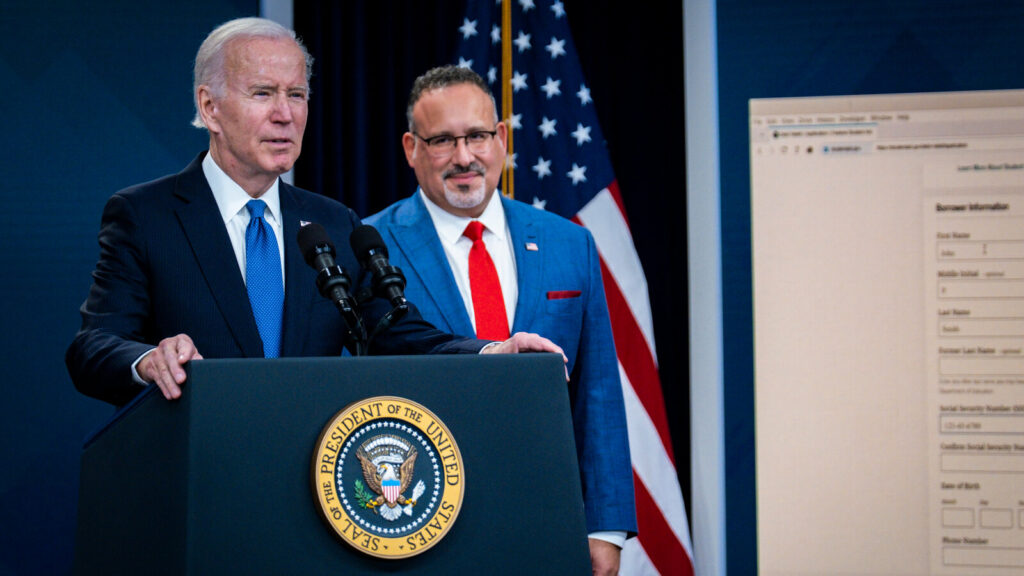The Biden administration recently made a divisive change in policy by declaring that it is against gender-affirming surgery for transgender minors. This move has drawn criticism and discussion from advocacy organizations, medical professionals, and political circles. This position raises serious concerns about the rights and access to healthcare for transgender people in the United States and diverges from earlier support for comprehensive gender-affirming healthcare for youth.
The Position and Reaction of the Administration
Through a spokesman, the White House made clear what it stood for, highlighting that it was in favor of providing minors with care that is gender affirming as part of a continuum of healthcare services. However, the administration specified that surgical interventions should be reserved exclusively for adults, citing concerns about the implications and risks associated with such procedures for young individuals.
This statement has been met with swift and vehement opposition from LGBTQ advocacy organizations, including prominent voices like the Human Rights Campaign and the Campaign for Southern Equality. Critics argue that restricting surgical options for transgender minors not only contradicts medical consensus but also undermines the autonomy of patients and their families in making informed healthcare decisions.
Scientific and Medical Perspectives
From a medical standpoint, gender-affirming surgeries are viewed as crucial components of comprehensive care for transgender individuals, particularly those experiencing gender dysphoria. These procedures are often recommended based on evaluations by qualified healthcare professionals, taking into account the mental health and well-being of the patient.
Opponents of the administration’s stance assert that denying access to surgical options perpetuates discrimination against transgender youth, who may face heightened risks of mental health challenges and social exclusion without appropriate medical support. They argue that decisions regarding healthcare should be guided by medical expertise and patient needs, rather than political considerations.
Ethical and Legal Considerations
The debate also raises ethical questions about governmental interference in healthcare decisions that traditionally fall within the purview of medical professionals and individuals’ right to bodily autonomy. Advocates stress the importance of upholding principles of equality and non-discrimination, particularly in safeguarding the rights of marginalized communities.
Legal challenges may arise concerning the interpretation of civil rights protections under federal law, including Title IX and the Affordable Care Act, which have been pivotal in advancing healthcare access and nondiscrimination protections for transgender individuals in recent years.
Proposals for Advocacy and Reevaluation
In response to the backlash, there have been widespread calls for the Biden administration to reconsider its position and reaffirm its commitment to inclusive healthcare policies for transgender youth. Advocacy efforts are focusing on educating policymakers, promoting public awareness, and mobilizing support to protect transgender rights in healthcare settings.
Conclusion: Toward Inclusive Healthcare Policies
The controversy surrounding gender-affirming surgeries reflects broader societal debates on gender identity, healthcare access, and civil rights. As the discourse evolves, stakeholders are urged to prioritize evidence-based practices, respect for patient autonomy, and inclusive policies that uphold the dignity and rights of all individuals, irrespective of gender identity.
